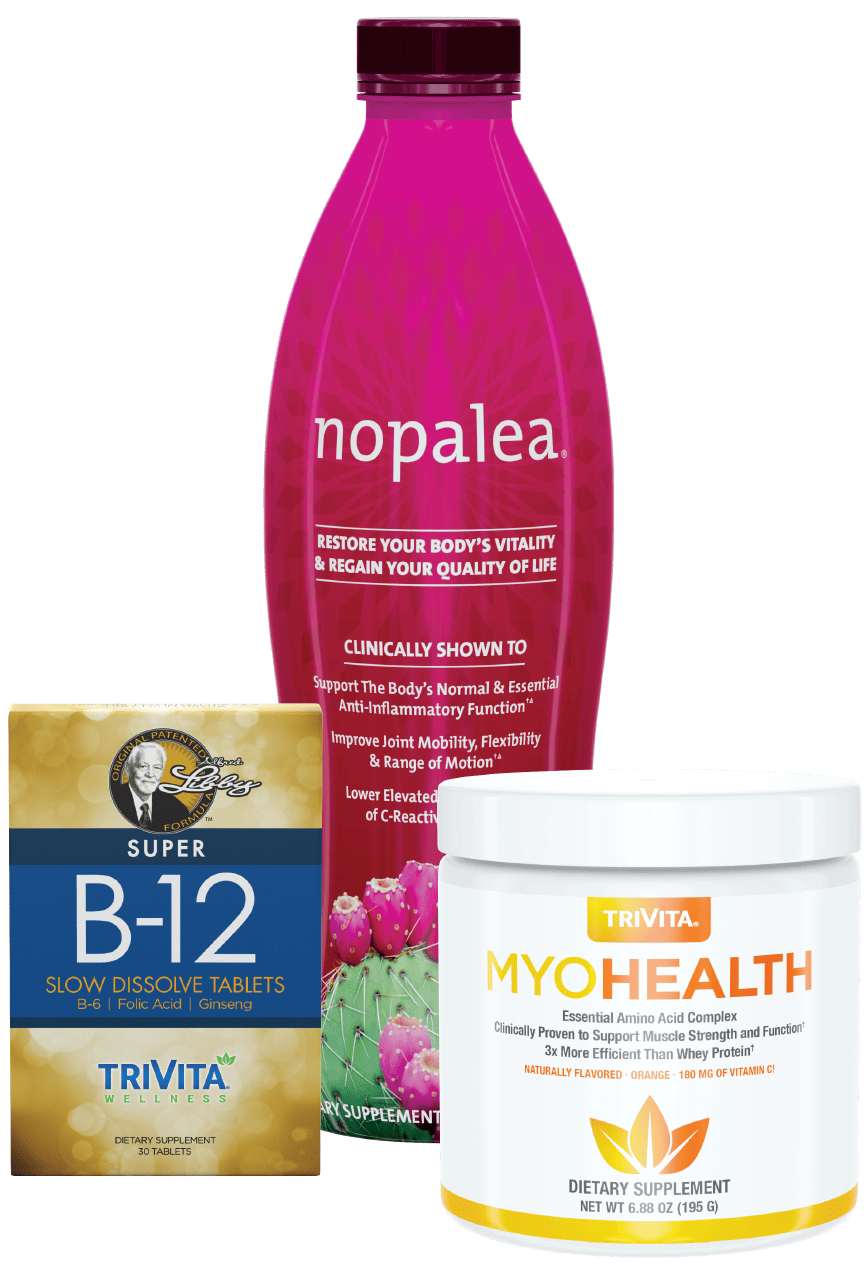What is Homeostasis and Why Does it Matter to Me?

What is Homeostasis and Why Does it Matter to Me?
Jul 16, 2018
By Tammy Pon, M.D.
When I reflect upon TriVita’s Essentials for Health and Wellness, the word “homeostasis” comes to mind. The goal of the Essentials is to help people “experience wellness,” which goes beyond supporting our biochemistry with nutrients and exercise. It includes emotional and spiritual health, all wrapped up together to help us stay in balance. So what does this have to do with homeostasis?
A medical dictionary defines homeostasis as “a relative constancy in the internal environment of the body, naturally maintained by adaptive responses that promote healthy survival.” Many times people think this internal regulation of the body is something that is on auto-pilot and they don’t give it a second thought. For example, the body’s thermostat is set at 98.6°F (37° C) and has various mechanisms to maintain that internal temperature. These mechanisms are at work whether we are sweating bullets pulling weeds in our garden in the middle of a hot summer day, shivering trying to keep warm or trudging through a snowstorm on our way to work on a blustery winter day.
Homeostasis in action: putting on a coat
“Adaptive responses” can be automatic, like the example of the body self-regulating its temperature, but adaptive responses can also be supported—we can intentionally do something to help promote our own healthy survival. To stay with our temperature example, we can put on a coat before stepping out into frigid air to help our body maintain 98.6°.
In a similar way, we can do something about what we ingest to help our body stay in balance: Essential #4, Eat Nutritiously. I’m not talking about just eating healthy foods, which is of course vital to wellness balance, but something more. Consider adaptogenic herbs, which have been used for centuries by Asian cultures to improve a person’s ability to cope with stress. In times of increased stress, these herbs normalize the physiological process of the body and help the body adapt to changes and move back toward homeostasis.
What people don’t realize is that homeostasis involves the body’s ability to adjust not only to changing conditions of the environment, but also to respond to psychological and social stressors.
We are not born with the inherent ability to know how to handle a demanding boss or strong peer pressure. These psychological and social stressors throw our bodies out of equilibrium. Our heart rate goes up. We begin to sweat. Our breathing becomes shallow. Our sleep is fitful. We crave comfort foods. Panic attacks occur. But we don’t have to be helpless victims.
True wellness, defined
Research shows we can help our bodies handle psychological and social stressors in very simple ways. An example would be practicing TriVita’s 10 Essentials for Health and Wellness.
For instance, a 2014 study looking at 131 adults found that practicing Essential #7 (“Be Forgiving”) may help the heart by lowering blood pressure and improving heart function.
Look at something more extreme: an organ transplant. Even in this situation, you can see more of the 10 Essentials at work: Essential #8 (“Practice Gratitude”) and Essential #9 (“Develop Acceptance”). When the body accepts the transplanted organ, the organ recipient is certainly grateful. An Australian study determined that organ transplant recipients had better outcomes when they saw themselves worthy of the organ gift and felt gratitude, wanting to “pay it forward.”
Homeostasis may sound like a daunting medical word, but it really comes down to living in wellness balance. True wellness is striving for homeostasis in all areas of our lives.
This article is intended for educational purposes only.
References:
- http://www.ncbi.nlm.nih.gov/pmc/articles/PMC3573577/#ref1
- http://www.ncbi.nlm.nih.gov/pubmed/25195798
- http://www.ncbi.nlm.nih.gov/pubmed/25192762
- Hamren K, Chungkham HS, Hyde M. Religion, spirituality, social support and quality of life: measurement and predictors CASP-12(v2) amongst older Ethiopians living in Addis Ababa. Aging Ment Health. Aug 30, 2014: 1-12.
- http://www.scielo.org.co/scielo.php?script=sci_arttext&pid=S0120-53072014000200015&lng=en&nrm=iso&tlng=en




